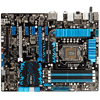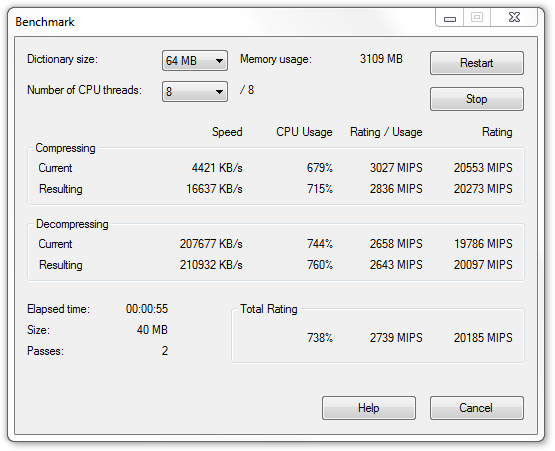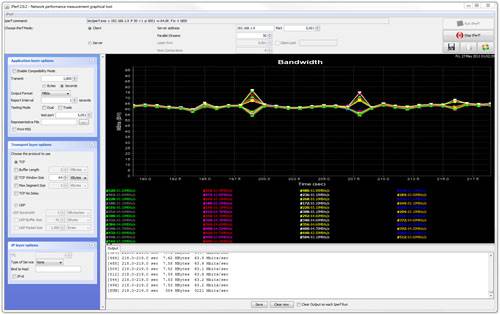- Qualcomm Launches Snapdragon 4 Gen 2 Mobile Platform
- AMD Launches Ryzen PRO 7000 Series Mobile & Desktop Platform
- Intel Launches Sleek Single-Slot Arc Pro A60 Workstation Graphics Card
- NVIDIA Announces Latest Ada Lovelace Additions: GeForce RTX 4060 Ti & RTX 4060
- Maxon Redshift With AMD Radeon GPU Rendering Support Now Available
ASUS P8Z77-V DELUXE Motherboard Review

Want a motherboard that won’t have you wishing you chose differently? There are plenty of reasons why ASUS’ P8Z77-V DELUXE deserves your consideration. It’s a feature-packed board that gives you everything you’d hope for in a motherboard – and then throws in some extra for good measure.
Page 7 – I/O Performance: 7-zip & Ethernet
When hard drives densities measured in the megabytes or single-digit gigabytes, data compression became something that even the layman computer user took advantage of. In fact, even entire hard drives could be used in compressed mode to help increase the overall storage. Today, such methods aren’t required thanks to hard drives ranging in the thousands of gigabytes, but compression is still used on a regular basis by many people, either for storing a folder for backup, encoding music, converting a photo and et cetera. On servers, compression is often used to shrink mega-large log files.
For our compression testing, we enlist the help of 7-zip 9.20. We take a 772MB folder that consists of 39,236 highly-compressible files and archive it using an ‘Ultra’ level of compression using the ZIP algorithm. This results in an archive weighing in at about 137MB.


A span of one second doesn’t matter much when we’re dealing with a mere 20, so all boards here performed just about the same. MSI does get the nod overall, though.
Ethernet Performance
To some, a LAN port is a LAN port, but for those who take networking seriously, there’s can be major differences between one chipset and another. While some may handle a 100GB transfer before slowing to a crawl, another might not even reach 20GB – and trust me, we’ve seen that sort of difference in our personal machines here.
Benchmarking Ethernet performance and getting reliable results is tough, and we in fact don’t believe there is a “perfect” methodology to it, as many variances can come into play from run to run. Plus, it’s difficult to replicate the kind of stress where a NIC might stall, because while the first five runs might be fine, it could be the sixth that decides to die out.
Our test server is my personal PC, featuring Intel’s Core i7-980X processor, 12GB of Kingston RAM, Windows 7 Ultimate x64 and also Intel’s server-grade I340 network card. A network card such as this is an important piece of the equation, as it’s in most regards “overkill”, meaning that it cannot become a bottleneck when testing on-board solutions.
To both stress-test and benchmark our network we use a cross-platform tool called “Iperf”, and for the sake of easier testing, opt to use a Java-based GUI front-end called JPerf. We run two different tests here, with one using 64KB sized packets (a standard test) and another using 1518KB packets (typical of HTTP transfers). Each of these tests opens up 50 connections between the client and server, simulating a true server-like workload.
Note: Performance is just half the equation where NICs are concerned. While one might out-perform another, that doesn’t tell us anything with regards to the predicted lifespan of a given model. Based on the personal experience of both myself and Jamie, we’ve been able to conclude that overall, Intel’s NICs are much more reliable over time.

All of the boards here use the same Intel chipset, so the similar results are of little surprise. Great performance all-around.
Support our efforts! With ad revenue at an all-time low for written websites, we're relying more than ever on reader support to help us continue putting so much effort into this type of content. You can support us by becoming a Patron, or by using our Amazon shopping affiliate links listed through our articles. Thanks for your support!






